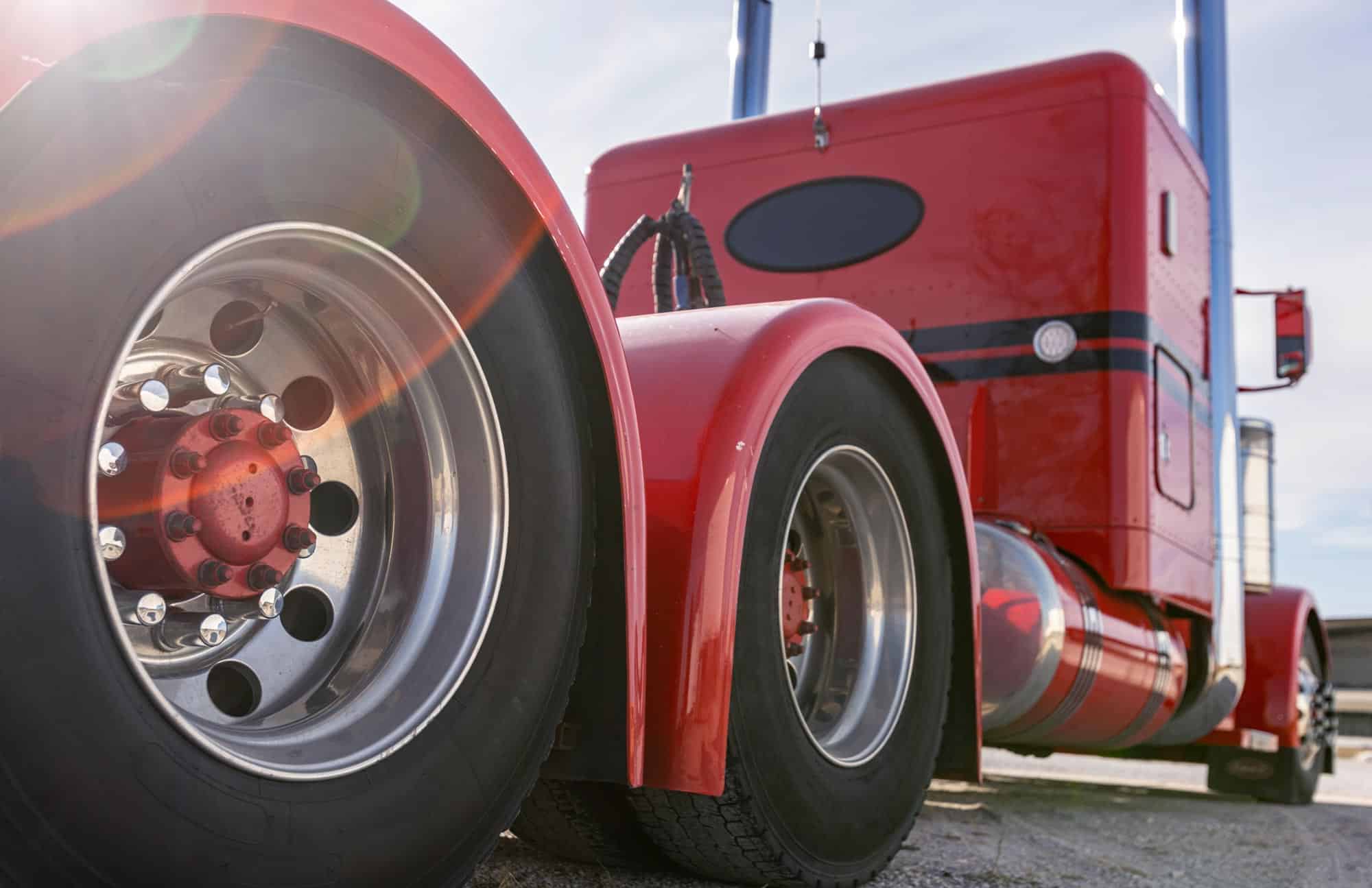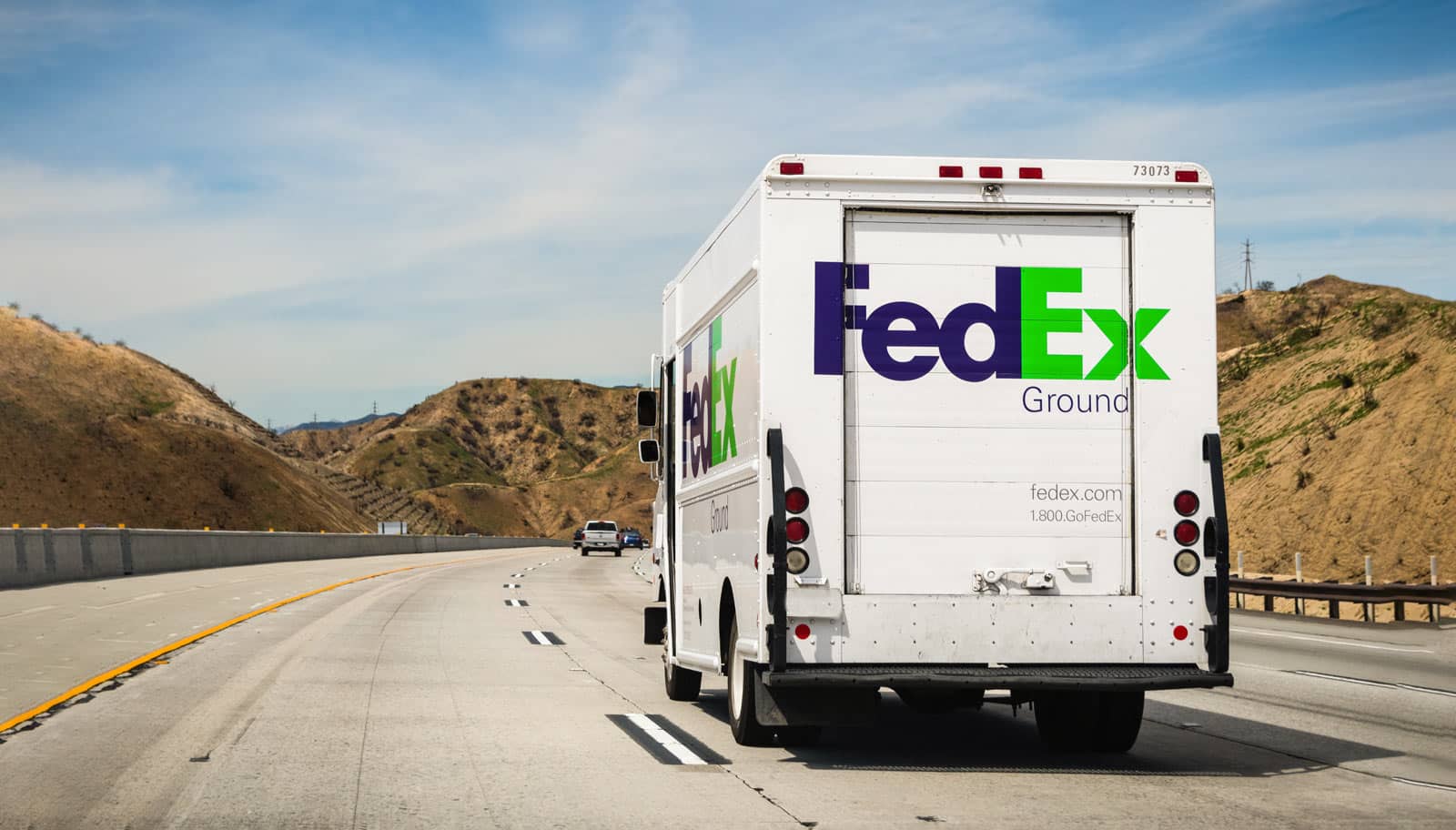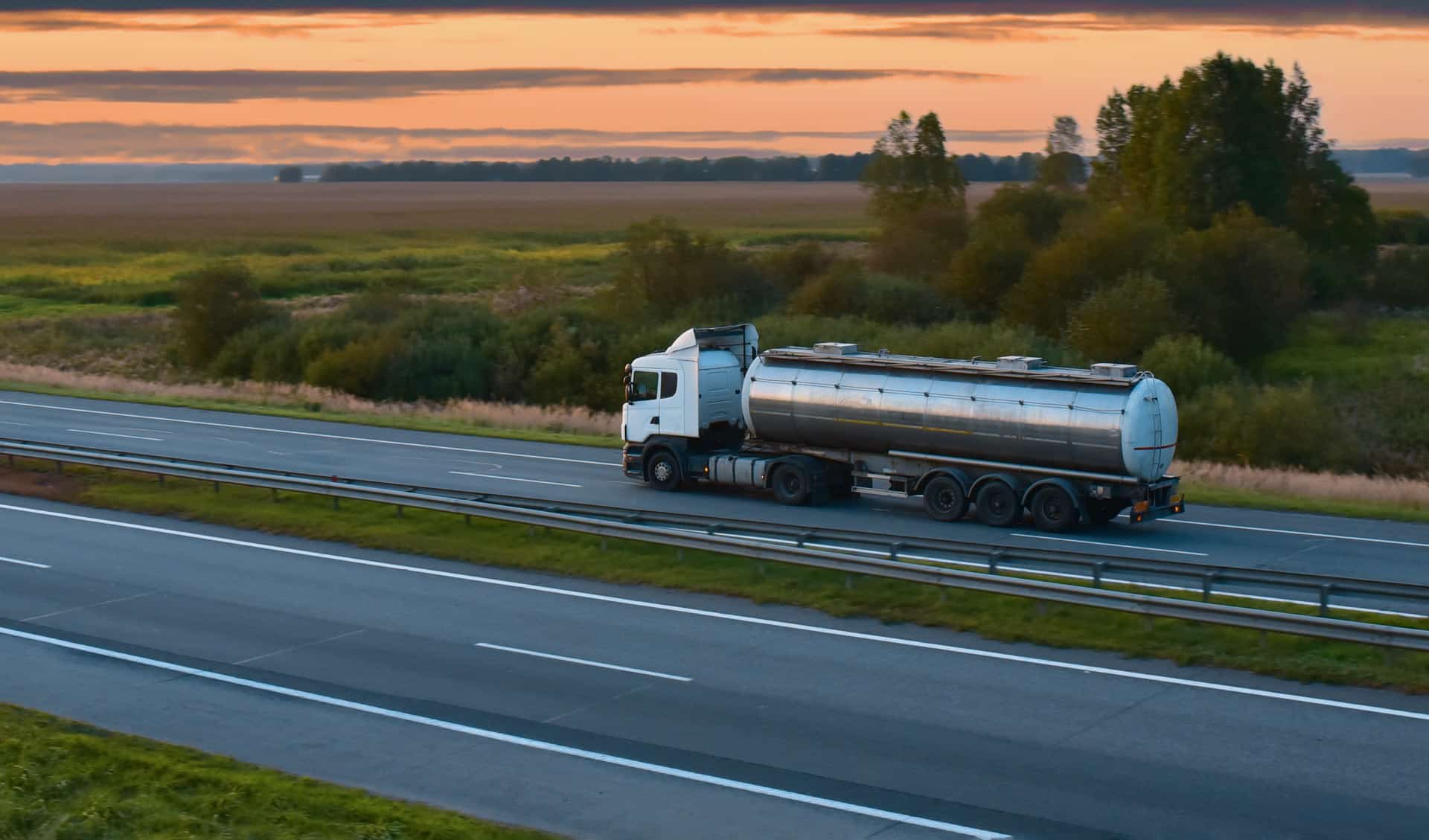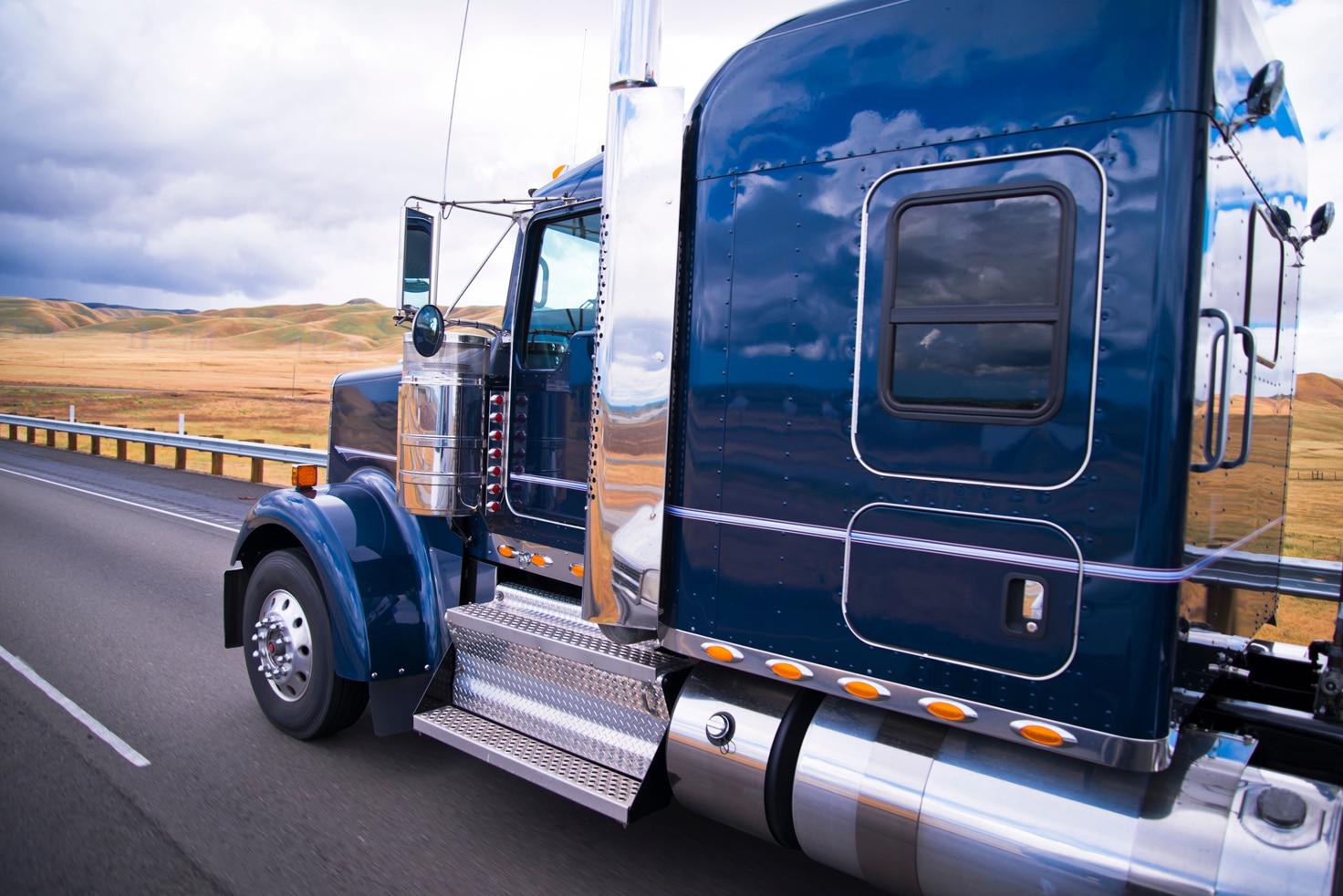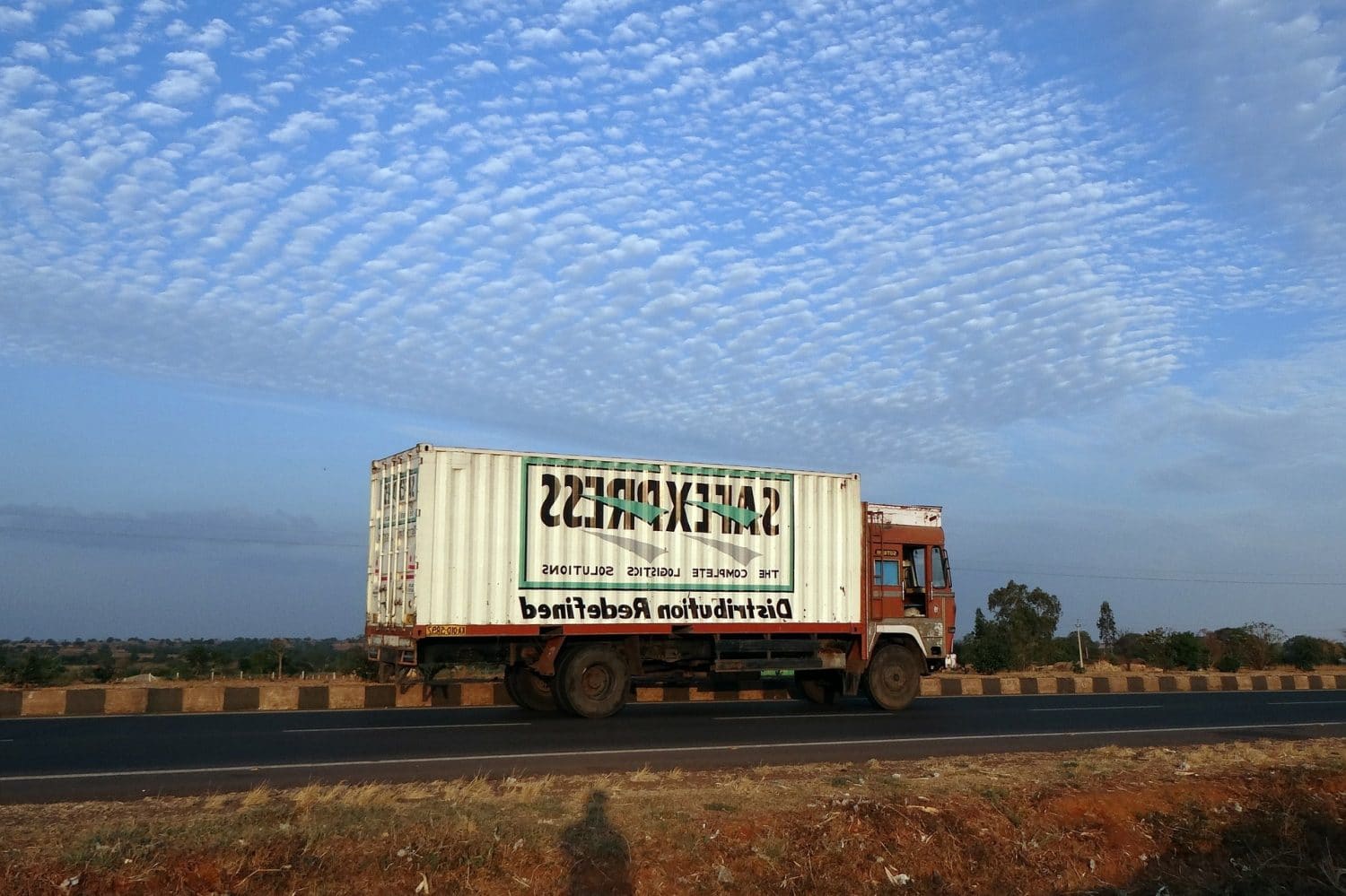
Howard Abramson of The New York Times recently penned a scathing op-ed of Congress’ refusal to enact and enforce safety regulations on the trucking industry in the United States. Abramson addressed the hypocrisy at work in Washington when he wrote, “And still Congress continues to do the trucking industry’s bidding by frustrating the very regulators the government has empowered to oversee motor carriers.” Notably, Mr. Abramson highlighted a number of congressional failures to legislate meaningful safety measures—and some cases where they actually pushed for more lax standards for commercial truck drivers.
Among many missteps, Congress has:
- Increased the maximum work week for truck drivers from 70 to 82 hours.
- Repealed the mandatory 34-hour break that drivers were required to take over a two-day period once per week.
- Discouraged the Federal Motor Carrier Safety Administration from devoting funds to equip vehicles with wireless technology to monitor both the vehicle and driver.
- Implied consent to allow longer, heavier (and thus more dangerous) trucks on the roads.
- Demonstrated a willingness to decrease the minimum age for commercial drivers traveling between states from 21 to 18.
To summarize: Congress is pushing for younger drivers who will be driving larger trucks and working longer weeks on less rest without modern safety technology. In essence, it seems as though Congress is signaling their desire to move even more freight at an even lower expense while putting everyone’s safety at an even greater risk. It doesn’t take a genius to connect the dots.
Numbers Don’t Lie
Between 2009 and 2013, the number of trucking-related crashes rose 17%, and trucking-related fatalities have increased every year for four years running. Trucking accidents have become so commonplace that most of us don’t realize the prevalent and lethal threat they pose, despite the fact that the number of people who die in trucking accidents far outweighs those who perish in other modes of transportation.
For example, in 2013, 3,964 individuals were killed in trucking-related accidents in the United States. That same year, 256 individuals were killed in plane crashes, but not in the United States alone—in the entire world. Yet, as we rightfully take proactive steps to ensure increased airline safety, our leaders in Washington are choosing to go in the opposite direction when it comes to the trucking industry. And they do so even as the economic drain of these trucking-related crashes nears $100 billion annually.
Even more alarming is the fact that modern technology could greatly reduce the potential for these accidents, yet it is largely being ignored. Only 3% of Class 8 trucks (the most common and largest tractor trailers) have “collision avoidance” technology, which would significantly lessen the amount of rear-end accidents that occur, especially those that happen in construction zones. Many European trucks have been equipped with collision avoidance technology (along with other safety devices including anti-lock brakes, airbags, and electronic stability control). But most trucking companies in the United States choose not to implement them in their fleets because of the cost of doing so–a cost that, apparently, outweighs the value of human life.
Economics 101
Another major safety concern also exists with trucking industry lobbyists and Congress pushing to increase the length and weight of trucks. In a twist that would be comical if it was not so confusing, the argument is that larger trucks will decrease the amount of traffic on the road and thus also decrease the number of accidents. The truth of the matter is that having larger trucks on the road will likely increase the number of crashes since these massive trucks will become even less agile while their blind-spots also increase exponentially in size. Furthermore, the devastating effects of lightweight vehicles colliding with already enormous existing trucks will become even more dire with even larger trucks on the road.
As if that weren’t enough, politicians and industry leaders alike continue to claim that updating safety standards will jeopardize their revenue, simultaneously increasing rates for shippers and consumers alike. In response, Abramson argues, “Since trucking generates more than $700 billion a year in revenue… a small increase in safety costs would not put a large financial strain on carriers.” While it’s true that costs would likely rise with shorter work weeks for drivers and increased safety standards, carriers would ultimately have their costs offset by lowering insurance rates and having far fewer damage claims.
No one is arguing against the economic importance of the trucking industry. What is at issue is that profits are being prioritized over the safety of American motorists, and it seems as though Congress is heightening the risk factors by deregulating the industry.
The Problem of Apathy
So why do constituents like us allow this to happen? Unfortunately, the answer is fairly simple and holds true for many aspects of modern life in America: we just don’t seem to care. We have been conditioned to accept motor vehicle accidents as a part of life and to carry on apathetically. The shock value of passing by a trucking accident on our way home, while temporarily discomforting, doesn’t match the horror of witnessing a plane crash on YouTube or a train derailing on the evening news.
Perhaps this lack of alarm also has something to do with the illusion of control. After all, we’re the ones gripping the steering wheel when we are driving, as opposed to placing our collective and resolute trust in the conductor of a train or the pilot of a jetliner. Still, human error plays a role in every type of transportation accident, whether we are “in control” of the vehicle or merely passengers. That said, doesn’t it make sense to do everything in our power to reduce the risk of this error when our lives hang in the balance?
At Crosley Law Firm, we fully support efforts to make the trucking industry safer for everyone on the road: for both truck drivers and motorists. We understand that trucking is a vital component of our economy, but we also believe that good commerce and better safety are not mutually exclusive. If you have been injured or lost a loved one as a result of a trucking-related accident, we are here to help. Call us today at (877) 535-4529 or fill out a brief form to receive a free consultation. Our experienced and knowledgeable staff is here to help you get the financial recovery you are entitled to.
References:
Abramson, H. (2015, August 21). The trucks are killing us. New York Times. Retrieved from http://www.nytimes.com/2015/08/22/opinion/the-trucks-are-killing-us.html
Highway Loss Data Institute. (2015). Fatality facts. Insurance Institute for Highway Safety. Retrieved from http://www.iihs.org/iihs/topics/t/large-trucks/fatalityfacts/large-trucks
Wiener-Bronner, D. (2014, January 13). Deaths from airplane crashes are lower than they’ve ever been. The Wire. Retrieved from http://www.thewire.com/national/2014/01/flight-safety-2013/356948/
